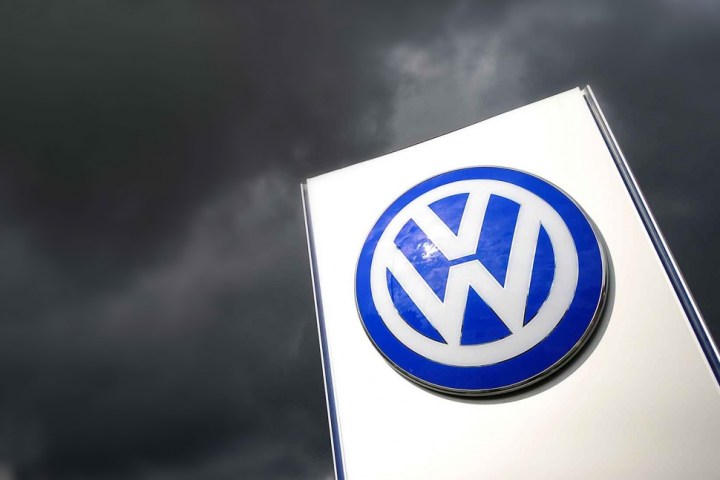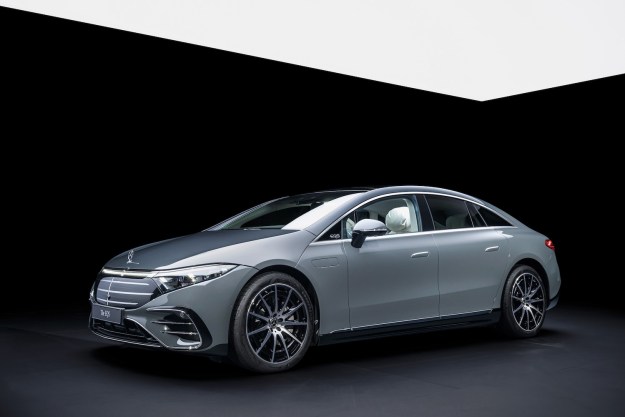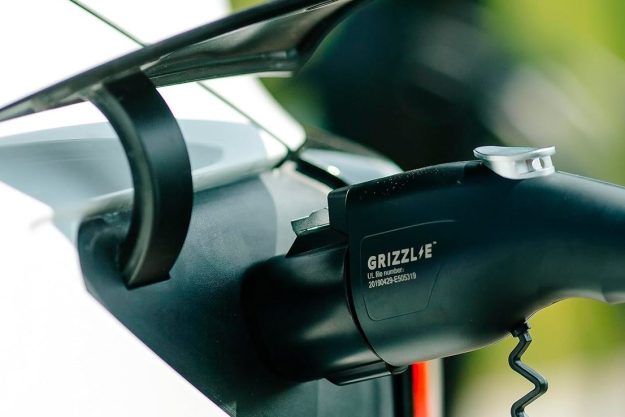
The automaker’s latest setback comes in the form of news from Germany that the planned recall of its emissions-cheating vehicles has been halted due to an increase in fuel consumption. Automotive News Europe states that the “fix” Volkswagen has been applying to 160,000 of its Passat models has been paused, though the company calls claims of greater fuel consumption “speculation.”
Still, the Volkswagen spokesperson has acknowledged that German authorities are investigating these reports. “We have to guarantee that noise and especially CO2 emissions are exactly the same as before the fix,” said the company representative. The Germany Federal Motor Transport Authority was expected to have its investigation wrapped up by March 27, but it appears the issue required further time. A final “yes” or “no” to VW’s resolution will be announced this week or next.
When the agency does approve the fix, Volkswagen will finish the remainder of Passat models before turning to the Audi A4, A5, and Skoda Superb vehicles that also feature the 2.0-liter diesel motor. There are a total of about 2.5 million vehicles in Germany alone that will need modifications before Volkswagen can address the rest of Europe.
Vehicles with 2.0-liter, 1.6-liter, and 1.2-liter Euro 5 diesel engines used manipulated software. Of these, the 2.0- and 1.2-liter engines will get a software upgrade that only takes about 30 minutes, but the 1.6-liter engine will also require installation of a piece of mesh to regulate air flow. This will increase labor time to about an hour.
As a reminder, in the U.S. where Volkswagen’s problems began, the automaker has until April 21 to find a fix that will address about 600,000 vehicles. For VW, the struggle is obviously managing time constraints and finding a fix that won’t create further issues down the road.


